

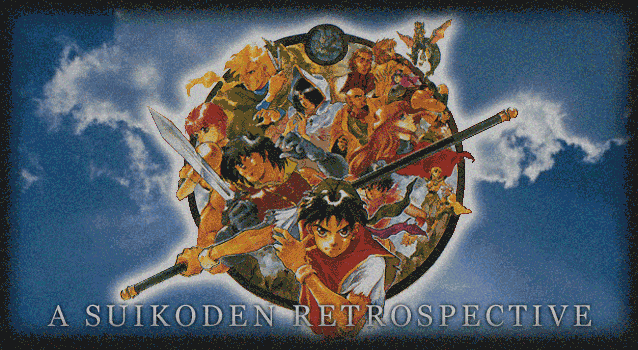
There is a feeling I get when I play a videogame. It’s hard to describe, and it doesn’t always happen, but it’s sort of like feeling a little nervous. Excited might be a better word - it’s a like a slightly more pleasant “butterflies in the stomach” feeling.
I don’t get these butterflies often anymore. When I was younger, it was a common occurrence - but today, not so much. I couldn’t tell you if I changed, or the games did. When it comes, though, it reminds of a simpler time in my videogame life. Before I had to write about them, or before I had to chisel out time in a packed schedule to play them, or before people started arguing about whether or not they are art, or if they’re dumb, or whatever. That feeling in my stomach reminds me of when playing games was just plain fun - just plain engaging, if you don’t like fun. It reminds me of when every time you put a new game in, it felt like an adventure - not something just waiting to be picked apart.
Suikoden, which, by the way, is actually the topic of this article, is not a technically astounding game, if I’m being honest. It has flaws and constantly creaks with old age. Its story is simple, just like its battle system.
But it’s a great game, and I have that feeling in my gut to prove it.
Playing Suikoden, one isn’t just reminded of what it used to be like; one actually feels it. I don’t think every old game can do that.Here’s why you should play Suikoden - why it -- a mostly forgotten, early PlayStation JRPG -- is worthy of retrospection: because it will remind you of simpler times. It will remind you of a time when games were these weird things that carried you off on an adventure, and that was all that really mattered. It’s infectious enough to do this today, too. Playing Suikoden, one isn’t just reminded of what it used to be like; one actually feels it. I don’t think every old game can do that.
How? Why is it so evocative? It’s all in the simplicity, really.
First, the story: you play as the son of one of the Empire’s great generals. Within about an hour of playing the game, you discover that the Empire is evil, so you bail on your dad and join up with some rebels. After a little while, you find an abandoned castle, declare it your own, and raise an army as you travel the world, fighting the Empire at every turn. Eventually, your forces are strong enough to storm the capital and take down the Emperor himself.
I know that doesn’t sound exciting. It’s a prototypical JRPG plot, but what Konami absolutely nailed is the pacing. It moves quick, cutting through scenes and time almost recklessly. The people making modern JRPGs could take a serious lesson in brevity from this game.
The breakneck pacing leads to a sense of urgency. Freed from prolix dialogues and indulgent asides, Suikoden plays just like it should: a fast, salient quest to save everything. There are no lengthy tutorials, no overly complicated systems. You can focus on blazing through the world and your quest.
That’s not to say the game lacks depth. The world, in all of its pixelated glory, is sprawling, and contains a number of memorable locales. Each city has its own personality and role in the world which - even when they’re not central to the story - are immediately tangible upon entering. Too often, RPG cities feel disjointed, unconnected to the world at large. Or, alternatively, they feel cookie-cutter -- like every town is the same. Suikoden sidesteps both those pitfalls with some tactful level design, music and dialogue writing. Every major area is varied but not polarized - it’s elegant. Simple, but effective.
I also don’t want you getting the idea that the game is overly linear. You have freedom to explore from the start, and there’s plenty to see if you wander. There’s also a myriad amount of sidequests -- in which you recruit additional characters to your army -- which can be done when one needs a break from the main quest. What’s brilliant about these asides is that they aren’t of the “find someone’s lucky vase while the world is ending” variety. By that I mean the quests are all geared towards strengthening your army -- which lines up wonderfully with the overall goal of stopping the Empire -- and lends a certain simplicity to everything you do; every quest has a singular purpose.
The battle system is notable because you have six people in your party at once. Other than that, it’s a standard turn-based affair. Considering the time at which this game was published -- 1995 -- that’s nothing to fault it for. Much like the plot, the battles move briskly, though some of the boss fights can be rather involved. Character customization is available as well, through a rudimentary system called ‘Runes,’ where you equip (you guessed it) runes on each character, granting them different magical abilities. Nothing spectacular or particularly deep, again, but it fits in with the “less-is-more” aesthetic that we have going on.
All of this simplicity, this streamlined, flowing design leads to an undeniable feeling. It’s like flying downhill on a rollercoaster.It’s a game, really, that straddles the middle of many things. It’s linear, but not overly so. It’s streamlined, but there’s enough depth to keep you from getting bored. The story is emotional, but it isn’t overblown. Even through a muddy, occasionally goofy translation, the game feels almost classy.
All of this simplicity, this streamlined, flowing design leads to an undeniable feeling. It’s like flying downhill on a rollercoaster. But don’t mistake it for the kind of sensory overload excitement games like Gears of War or God of War offer - it’s more serene. Like an adventure, or a fairy tale, not a firefight.
And I guess that’s why Suikoden gives me those almost butterflies in my stomach. As we get older, busier, and more jaded, it becomes easy to look at games cynically - to call them dumb. Especially old games. It leads to a different kind of enjoyment, one devoid of the butterflies-in-stomach sensation. I started out my gaming career as an awestruck child, practically trembling at the thought of what adventures awaited. At twenty-three, I’m chasing that feeling, and I feel it fleetingly. I know it’s a thing of the past.
Suikoden allowed me to feel it again. It reminded me of what I loved about games in the first place, because it is wise enough to deal in simplicities and not overwhelm itself with bloat. These simplicities, looked at disparately, don’t add up to much. Holistically though, the sum is greater than the parts. They combine to create a fluid, constantly moving experience that still grabs you seventeen years after its release. Look at the big picture, and you’ll find Suikoden, via simplicity, is a sterling reminder of the most fundamental ways that games stir things inside all of us.
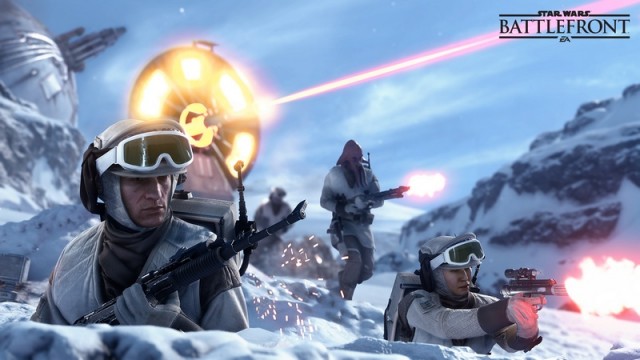
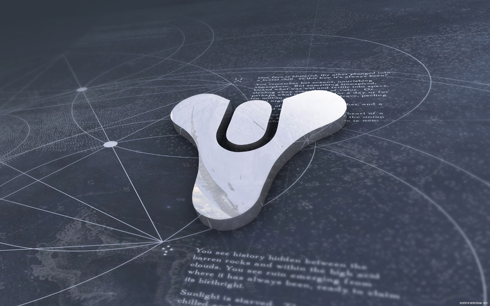
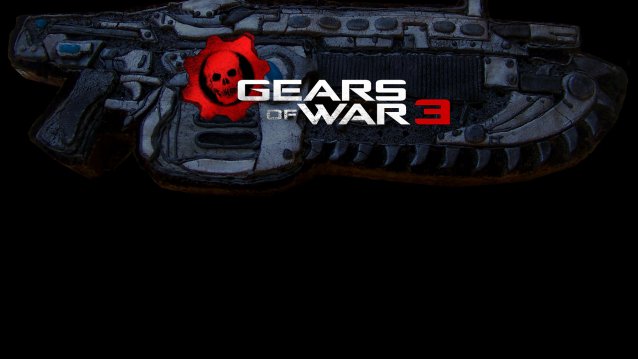

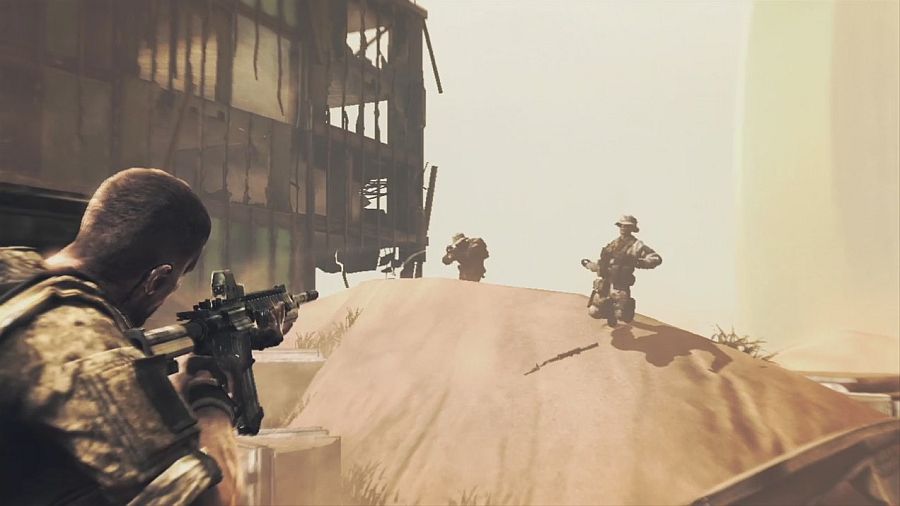 Spec Ops: The Line Tips & Tricks
Spec Ops: The Line Tips & Tricks To/Die/For (TDF) premiered In Black video and reveal new album details
To/Die/For (TDF) premiered In Black video and reveal new album details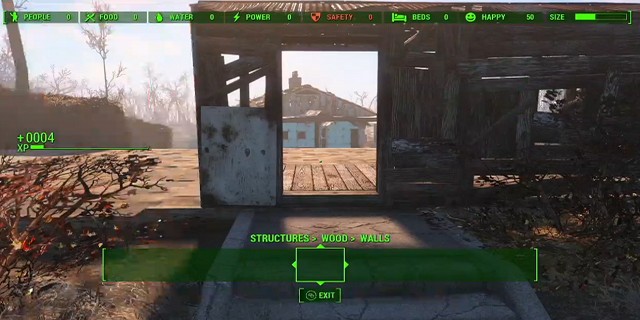 Fallout 4 Guide On Electricity For Settlement: Pylons, Conduits, Traps And Switches
Fallout 4 Guide On Electricity For Settlement: Pylons, Conduits, Traps And Switches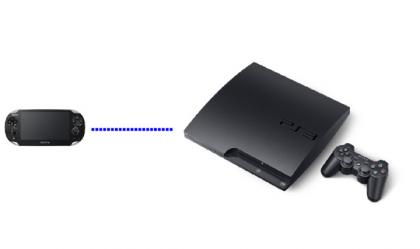 How to connect PS VITA to PS3 for Remote Play
How to connect PS VITA to PS3 for Remote Play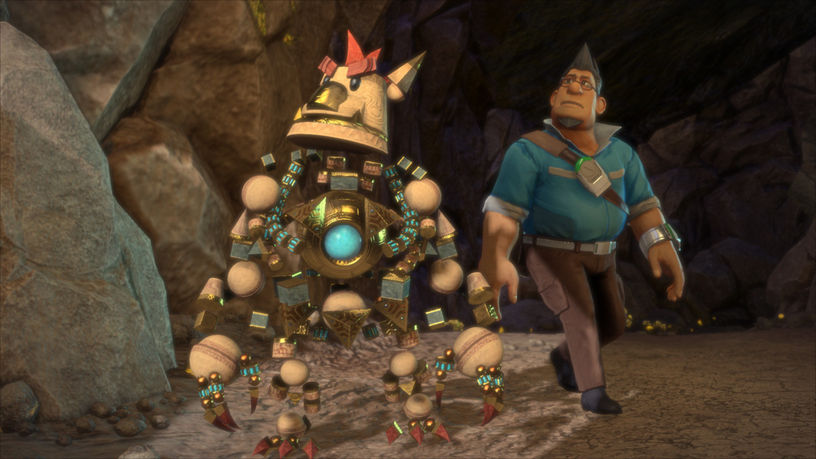 Knack PS4 Review
Knack PS4 Review